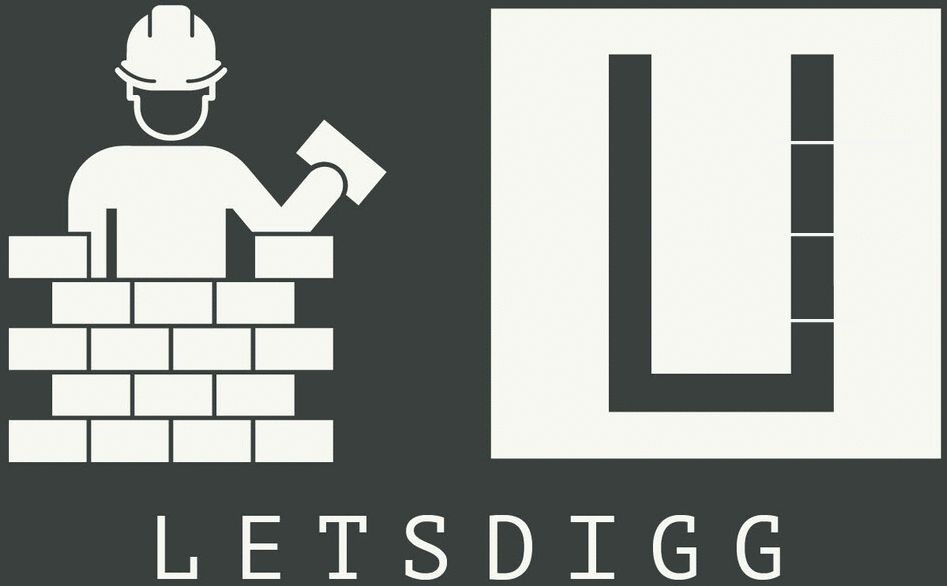As an investor looking to make a profit in commercial property investment, choosing the right payment plan is crucial. Commercial property investment involves acquiring property that is leased to businesses or individuals for commercial purposes, and it can be an excellent way to generate steady cash flow and long-term capital growth. However, with different payment options available, it can be challenging to determine which payment plan is best suited for your investment goals. In this article, we will explore the various payment plans available for commercial property investment, their advantages and disadvantages, and key considerations to help you make the right choice.
Choosing the right payment plan for commercial projects is crucial because it can significantly impact the cash flow and profitability of your investment. Different payment plans have different advantages and disadvantages, and each investor’s circumstances will dictate which plan is the most suitable.

Understanding Payment Plans
Commercial property investment requires a significant amount of money. Most investors choose payment plans that work best for their financial situation. Payment plans for commercial property investment include cash payment, financing, and lease payment.
Types of Payment Plans
Cash
Cash payment is the simplest and most straightforward payment plan for commercial property investment. This payment plan requires the buyer to pay the full purchase price of the property in cash. The buyer has the option to pay for the property with their own funds or with the help of a loan.
Financing
Financing payment plans for commercial property investment involve the use of a mortgage or loan to finance the property’s purchase. This payment plan allows the buyer to pay for the property in installments over a specified period.
Lease
Lease payment plans involve leasing a commercial property for a specified period, usually 5 to 10 years. This payment plan requires the buyer to pay rent to the property owner.
Advantages and Disadvantages of Each Payment Plan
Cash Advantages:
- No interest or loan fees
- Immediate ownership of the property
- No mortgage payments or financial obligation
Cash Disadvantages:
- Large capital outlay
- Lack of liquidity
- Reduced cash reserves
Financing Advantages:
- The ability to purchase a more expensive property
- Increased liquidity
- Potential tax deductions on mortgage interest payments
Financing Disadvantages:
- Higher overall cost due to interest and loan fees
- Limited cash flow due to monthly mortgage payments
- Increased financial obligation
Lease Advantages:
- Reduced initial investment cost
- No large capital outlay
- Ability to move to a new property easily
Lease Disadvantages:
- Limited ownership rights
- Lack of long-term stability
- Limited control over the property
Considerations for Choosing a Payment Plan
Choosing the right payment plan for commercial property investment requires careful consideration of the following factors:
Investment Goals
Investment goals should guide the choice of payment plan for commercial property investment. If the investor’s primary goal is to maximize cash flow, financing or lease payment plans may be the best option. If the investor’s goal is to minimize overall costs and avoid financial obligations, a cash payment plan may be the best option.
Cash Flow
Cash flow is another important factor to consider when choosing a payment plan. The Cash flow is the amount of money left after all expenses have been paid. A financing payment plan may lead to lower cash flow due to monthly mortgage payments, while a cash payment plan may lead to reduced cash reserves.
Tax Implications
The tax implications of different payment plans should also be considered. Interest payments on mortgage loans are tax-deductible, making financing payment plans more tax-efficient. Cash payment plans, on the other hand, may result in a higher tax liability.
Interest Rates
Interest rates on loans or mortgages should be carefully considered when choosing a payment plan. High-interest rates may increase the overall cost of the property, making cash payment plans more appealing. Lower interest rates may make financing payment plans more appealing.
Flexibility
Flexibility is another factor to consider when choosing a payment plan. Cash payment plans offer more flexibility since there is no financial obligation or monthly mortgage payments. Financing and lease payment plans may offer less flexibility due to the financial obligation and contractual agreement.
Exit Strategy
The exit strategy should also be considered when choosing a payment plan. If the investor plans to sell the property in the short term, a cash payment plan may be the best option. Financing and lease payment plans may require additional fees or penalties if the property is sold before the payment plan’s maturity.
Comparison of Payment Plans for Commercial Property Investment
Commercial property investment is a long-term investment strategy that offers the potential for income and capital appreciation. However, when considering investing in commercial property, it is important to consider the various payment plans available to determine which is the most suitable for your financial situation and investment goals.
Cash vs Financing:
One of the primary decisions investors need to make when investing in commercial property is whether to pay cash or finance the property. Paying cash for a property offers the advantage of full ownership and control over the property without any debt obligations. This payment plan typically offers the buyer the best price, as they are not paying interest on a loan. However, an outright purchase requires a significant amount of capital upfront, which may be difficult for some investors.
Financing a commercial property purchase involves taking out a loan to finance the purchase of the property. This payment plan offers the advantage of spreading out the cost of the property over a longer period of time, allowing the investor to preserve their capital for other investments. Financing can also offer tax benefits through the deduction of mortgage interest payments. However, financing typically involves higher interest rates than an outright purchase, and the investor is not the sole owner of the property until the loan is fully paid off. Additionally, financing requires the investor to meet certain credit and income requirements and may involve additional fees, such as appraisal fees and loan origination fees.
Financing vs Lease:
Another decision investors may face is whether to finance a commercial property or lease it. Leasing a commercial property involves paying rent to the owner for a set period of time, typically several years. The investor has limited control over the property and may have to adhere to certain restrictions outlined in the lease agreement.
Financing a commercial property typically offers more control over the property and the potential for greater returns through ownership and appreciation. Additionally, financing allows investors to build equity in the property over time and benefit from tax deductions. However, financing involves a greater financial commitment and higher risk compared to leasing, as the investor is responsible for mortgage payments and may face foreclosure if they are unable to make payments.
Leasing a commercial property offers the advantage of lower upfront costs and greater flexibility, as the investor is not tied to a long-term financial commitment. Leasing can also offer more predictable expenses, as rent payments are fixed for the duration of the lease. However, leasing typically offers lower returns compared to owning the property, as the investor does not benefit from ownership or appreciation.
Cash vs Lease:
Lastly, investors may consider paying cash for a commercial property or leasing it. Paying cash offers the advantage of full ownership and control over the property without any debt obligations. This payment plan typically offers the buyer the best price, as they are not paying interest on a loan. However, an outright purchase requires a significant amount of capital upfront, which may be difficult for some investors.
Leasing a commercial property involves paying rent to the owner for a set period of time, typically several years. The investor has limited control over the property and may have to adhere to certain restrictions outlined in the lease agreement. Leasing offers lower upfront costs and greater flexibility, as the investor is not tied to a long-term financial commitment. However, leasing typically offers lower returns compared to owning the property, as the investor does not benefit from ownership or appreciation.
Conclusion about Investment in Commercial Properties
In conclusion, choosing the right payment plan is crucial when investing in commercial property. Each payment plan has its own advantages and disadvantages, and the best plan for you will depend on your investment goals, cash flow, tax implications, interest rates, flexibility, and exit strategy.
To summarize, cash payment plans offer the advantage of no interest payments and immediate ownership, but can deplete your cash reserves and limit flexibility. Financing payment plans provide the advantage of allowing you to keep your cash reserves, but can lead to higher overall costs due to interest payments. Lease payment plans offer low upfront costs and flexibility, but limit ownership and may not be the best choice for long-term investments.
Key factors to consider when choosing the right payment plan include your investment goals, cash flow, tax implications, interest rates, flexibility, and exit strategy. It is important to carefully evaluate each plan and consider the long-term implications before making a decision.

You should consider all factors and determine which payment plan aligns best with your investment goals and financial situation. By doing so, you can make an informed decision and maximize your return on investment when investing in Commercial property.

